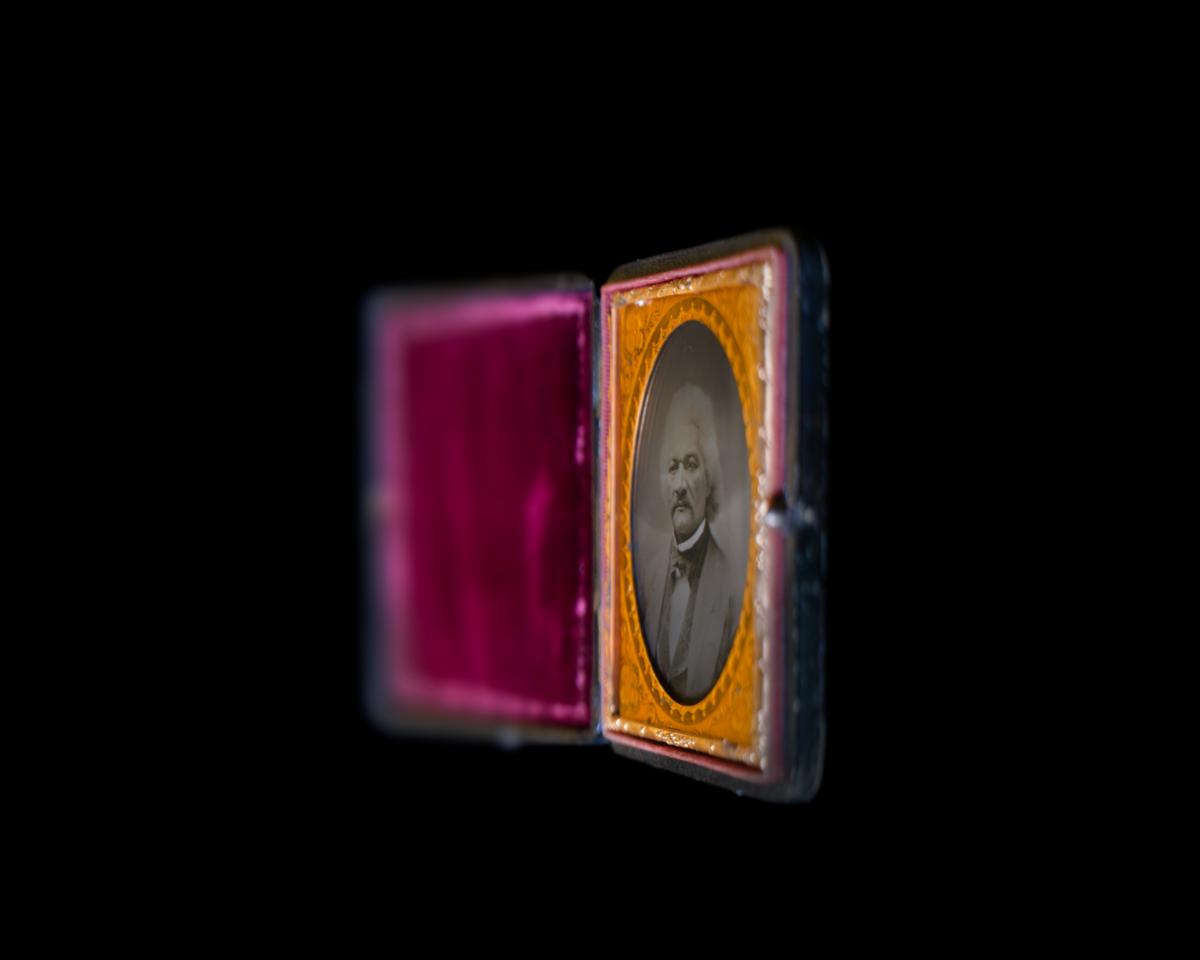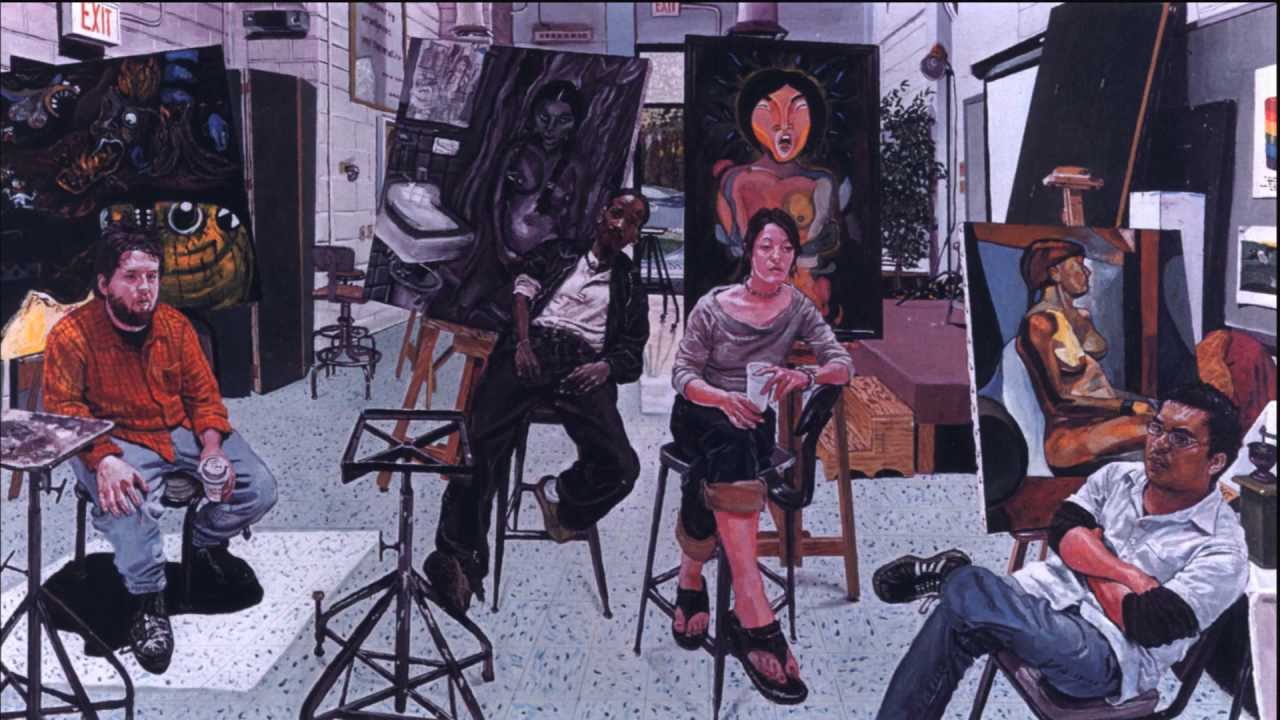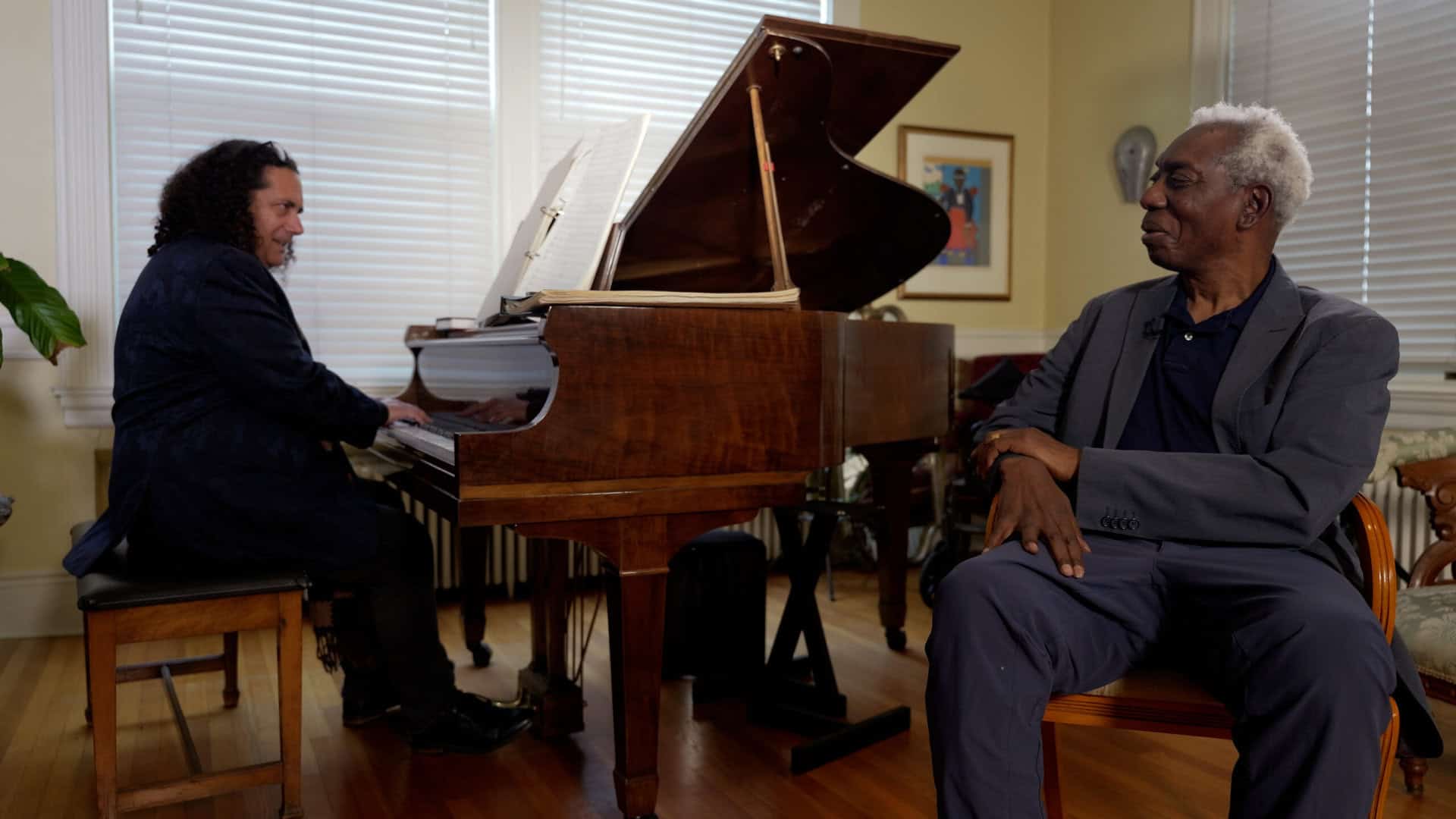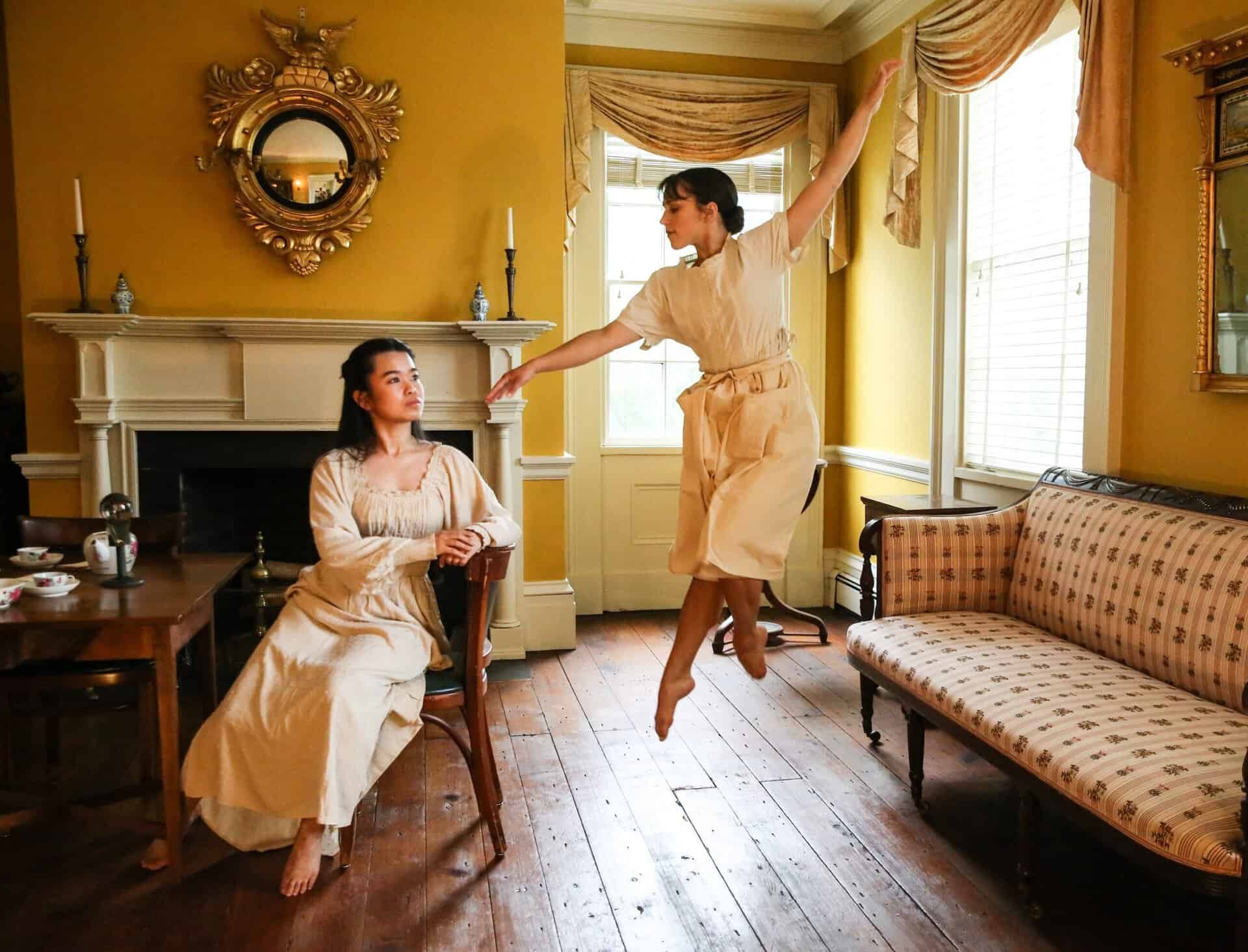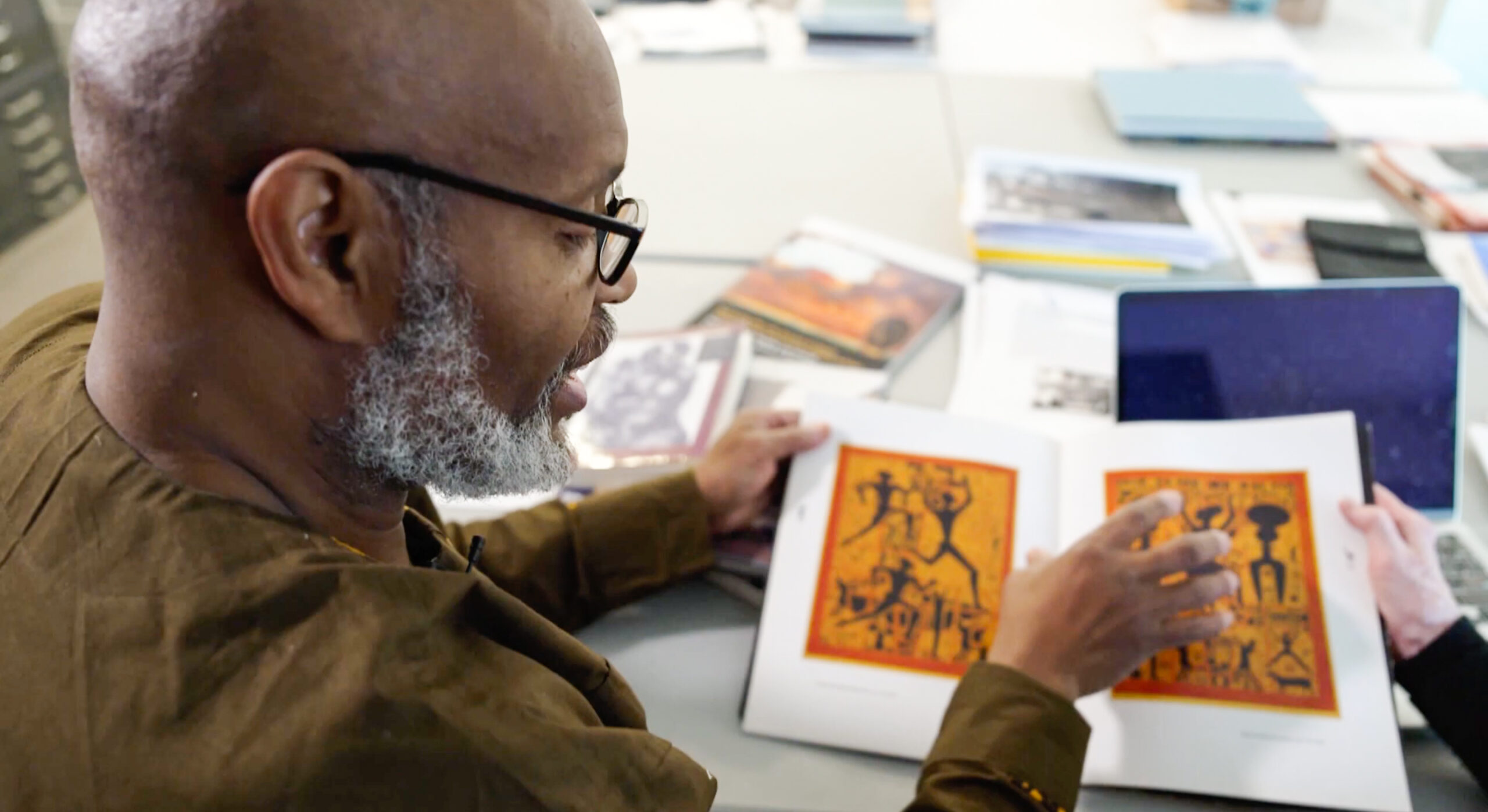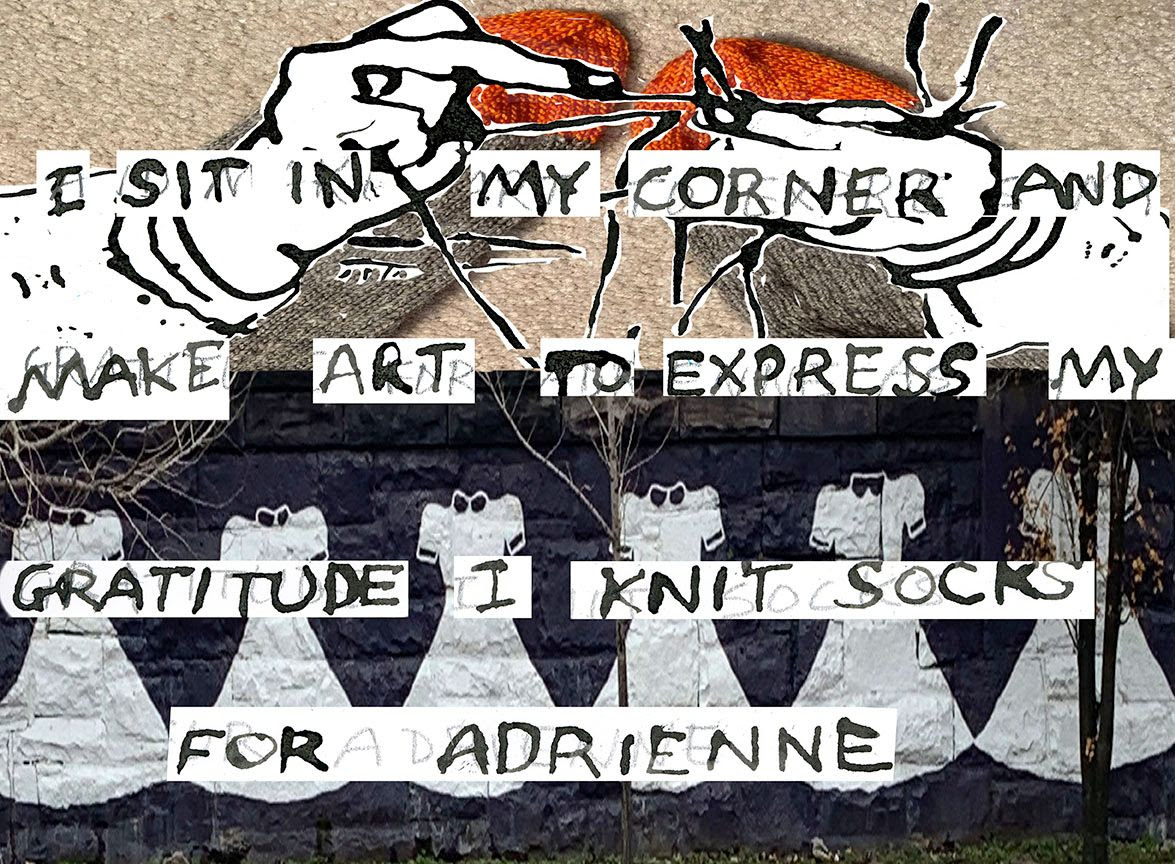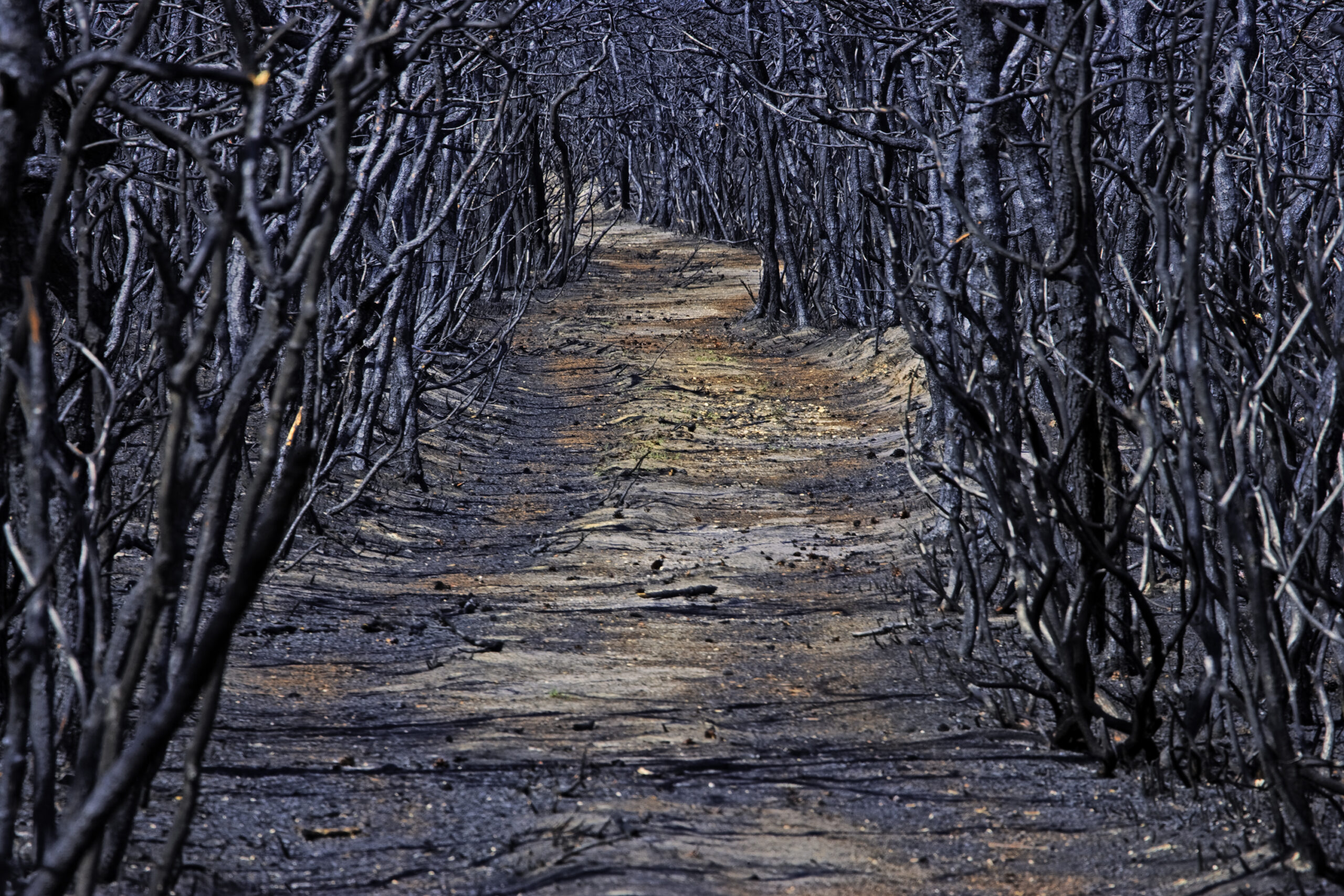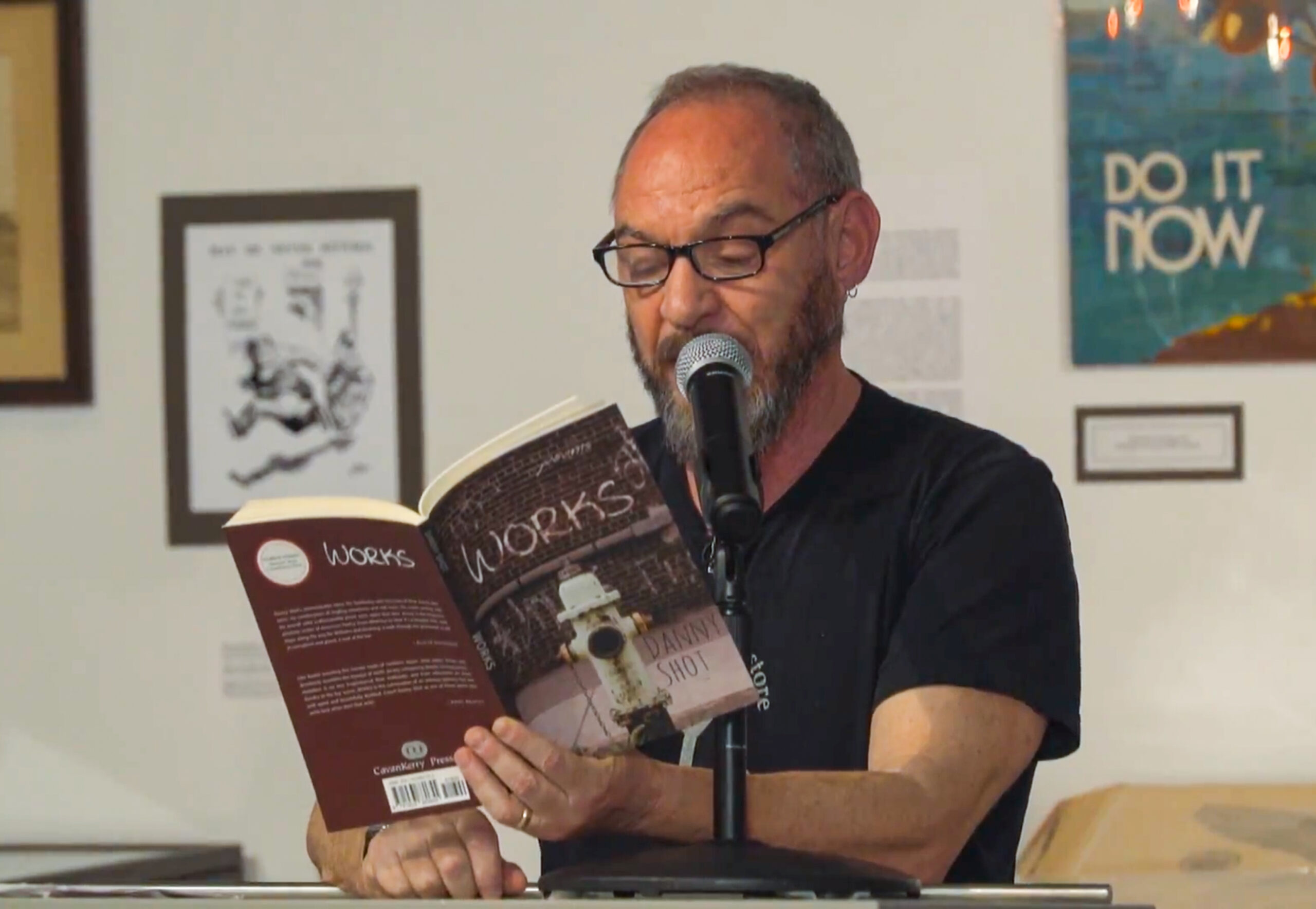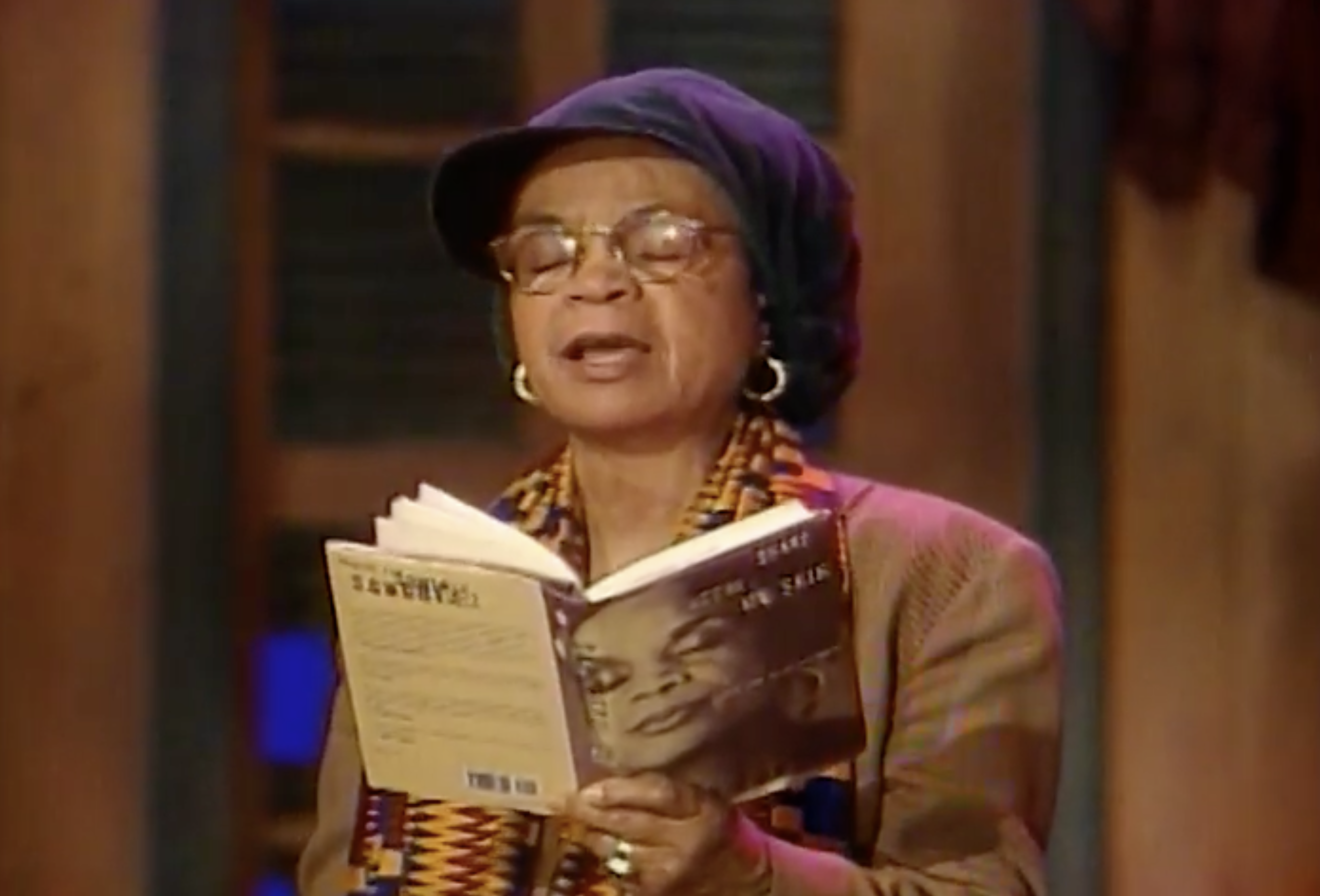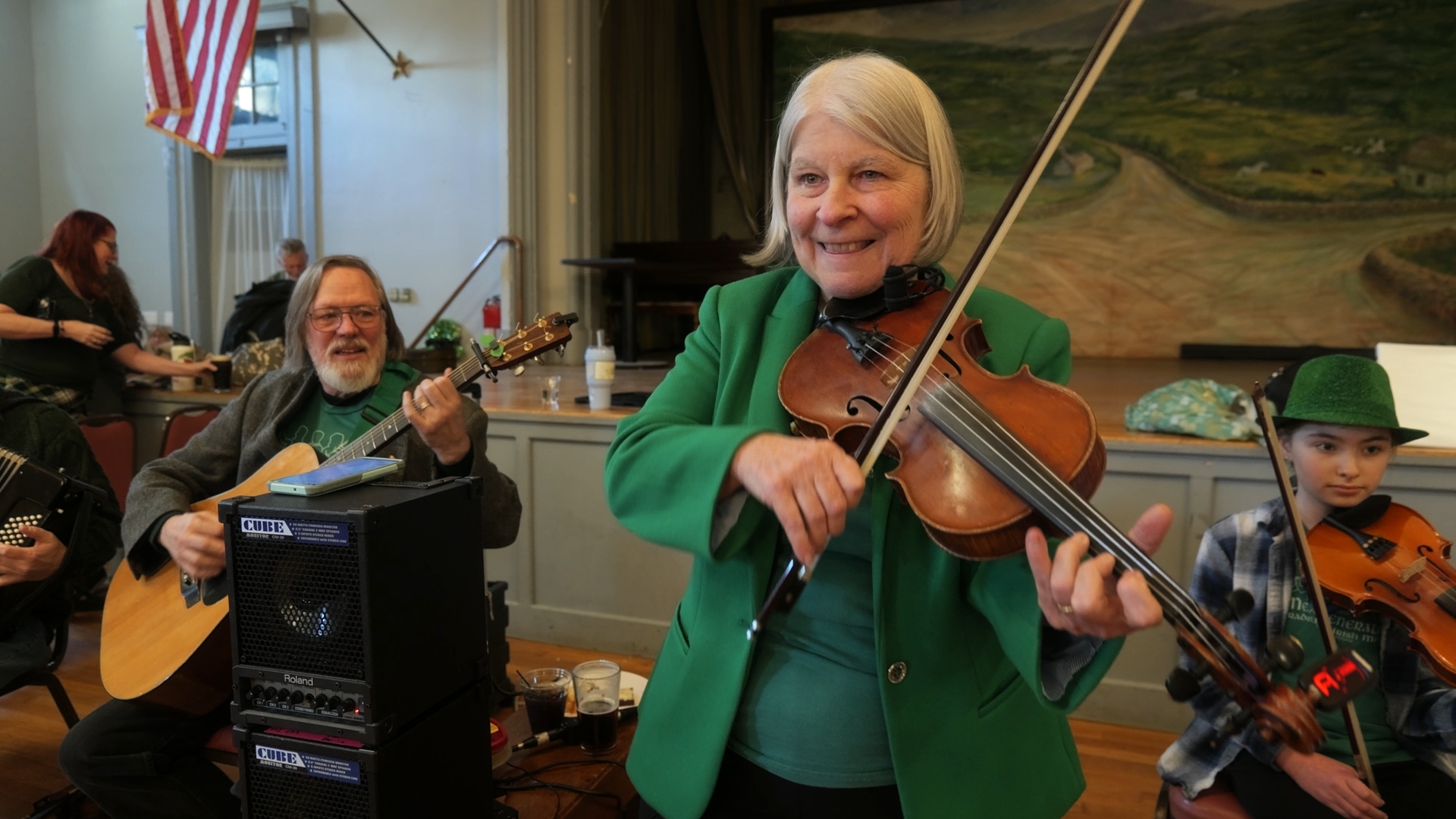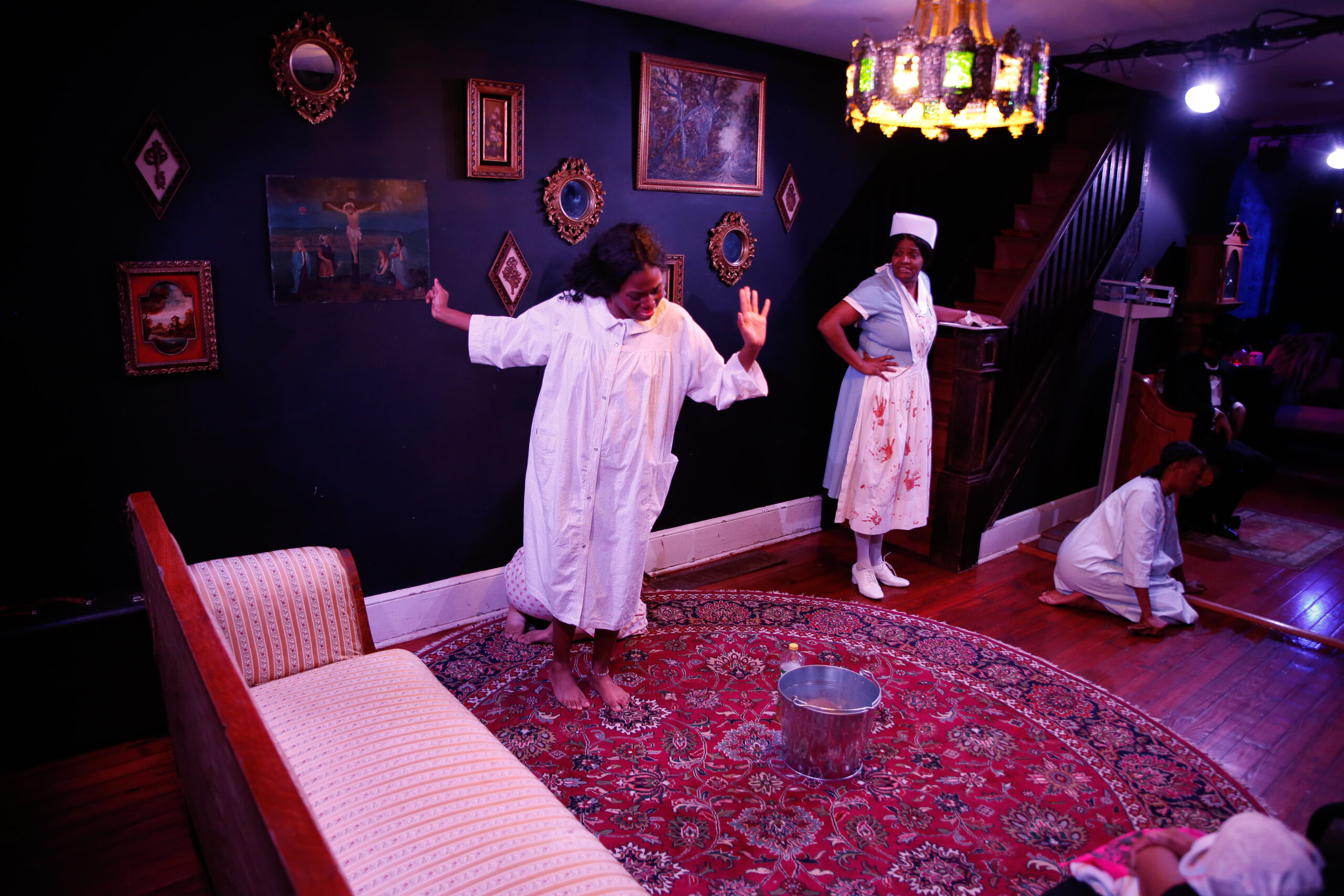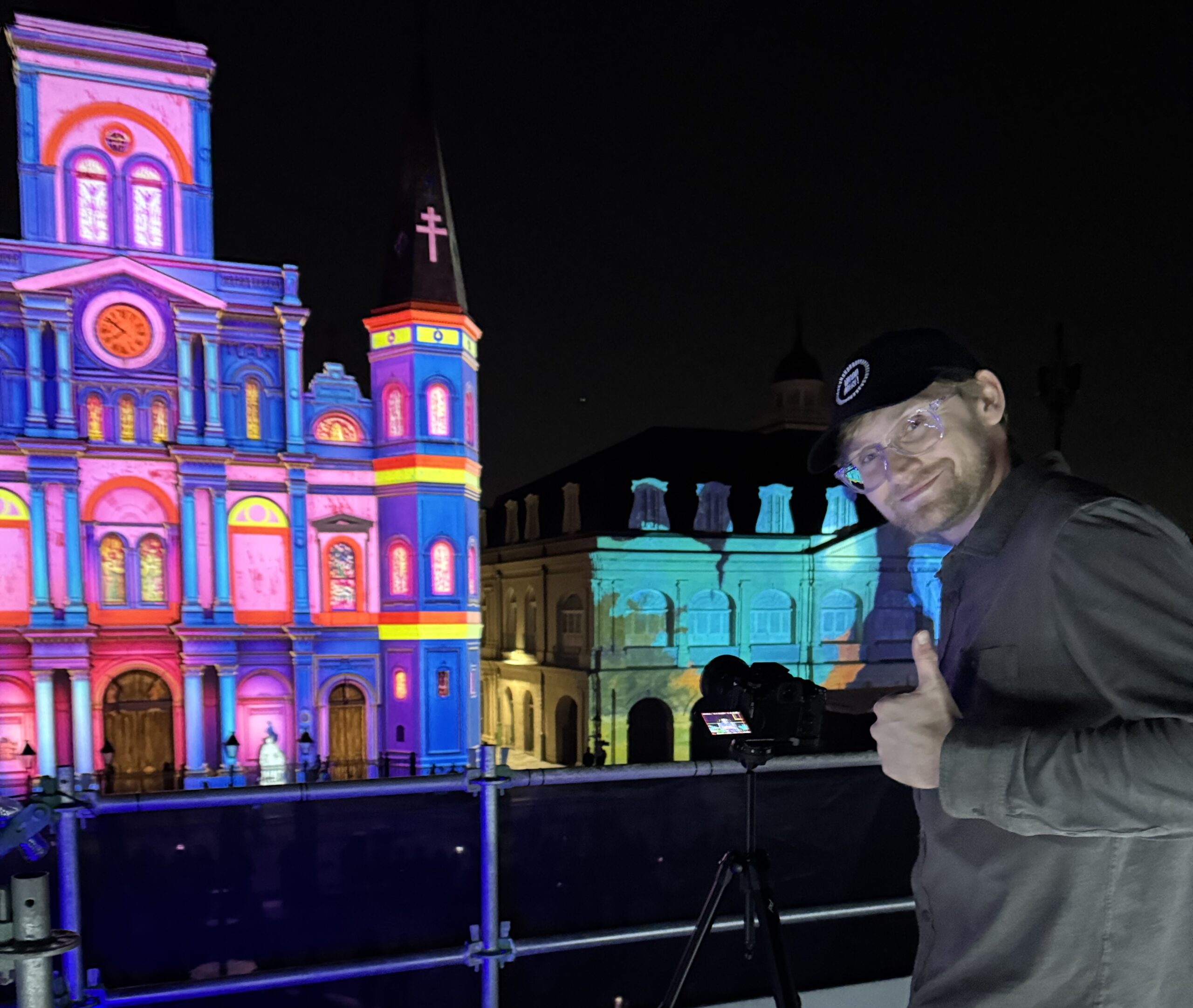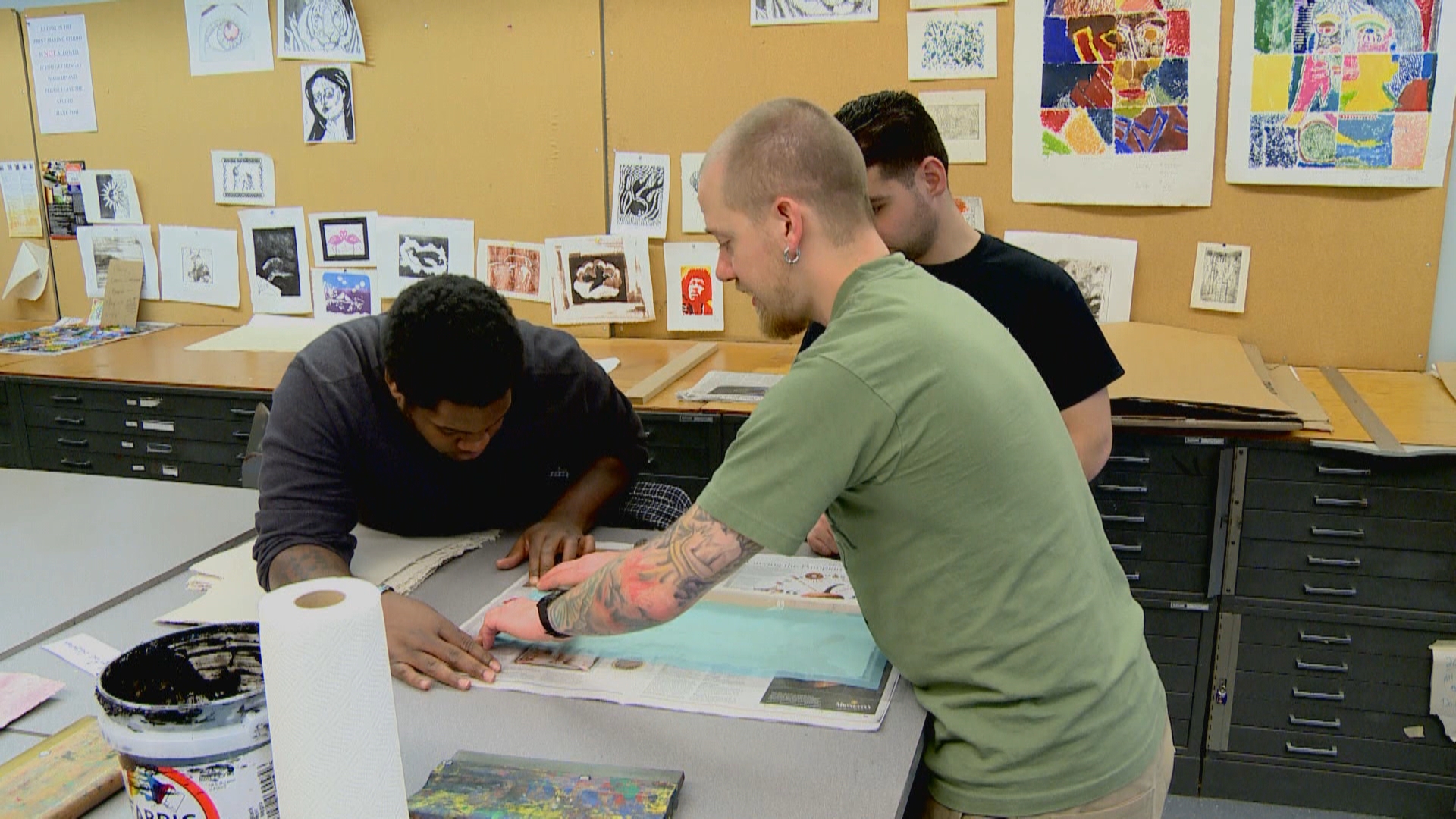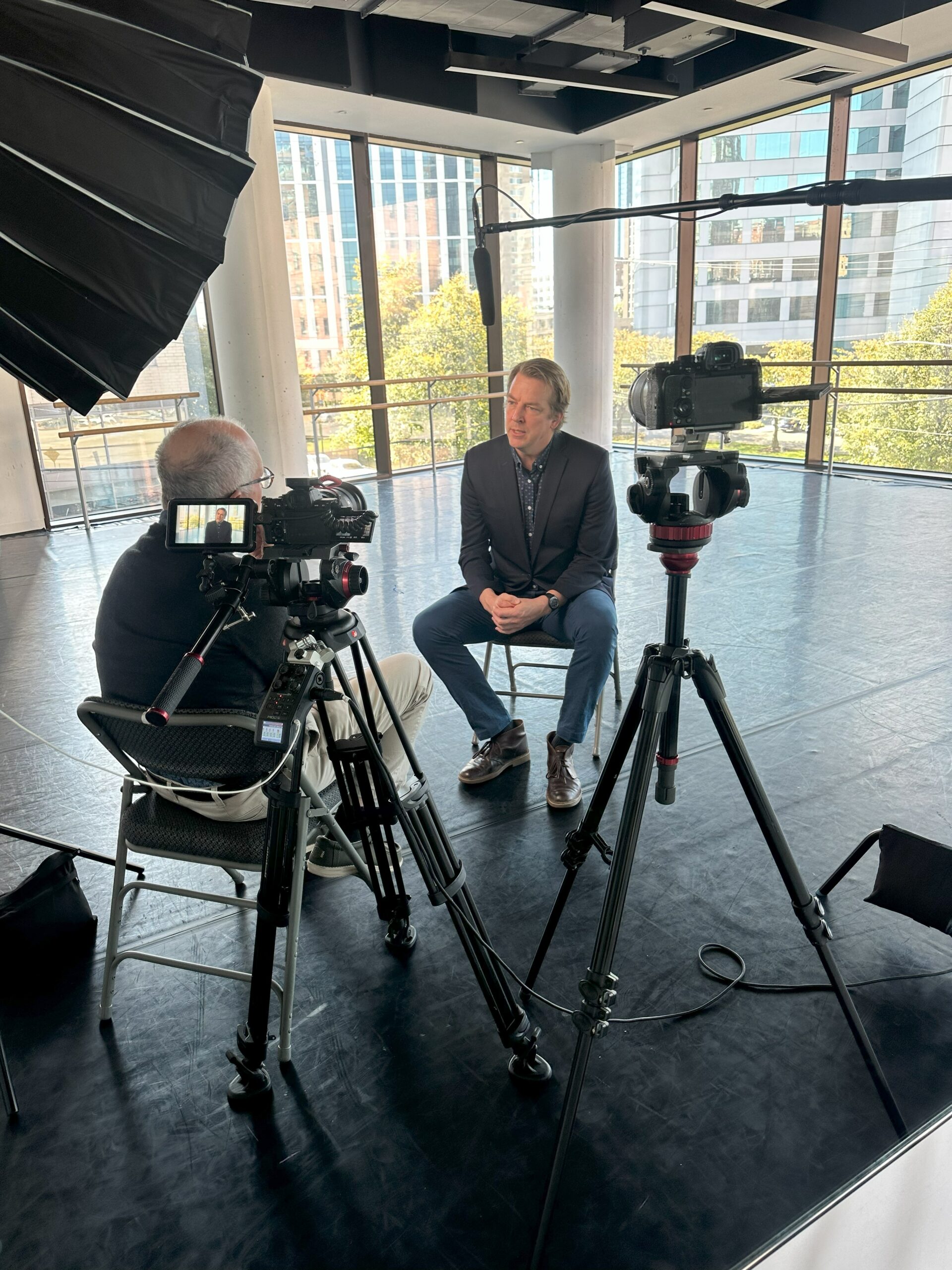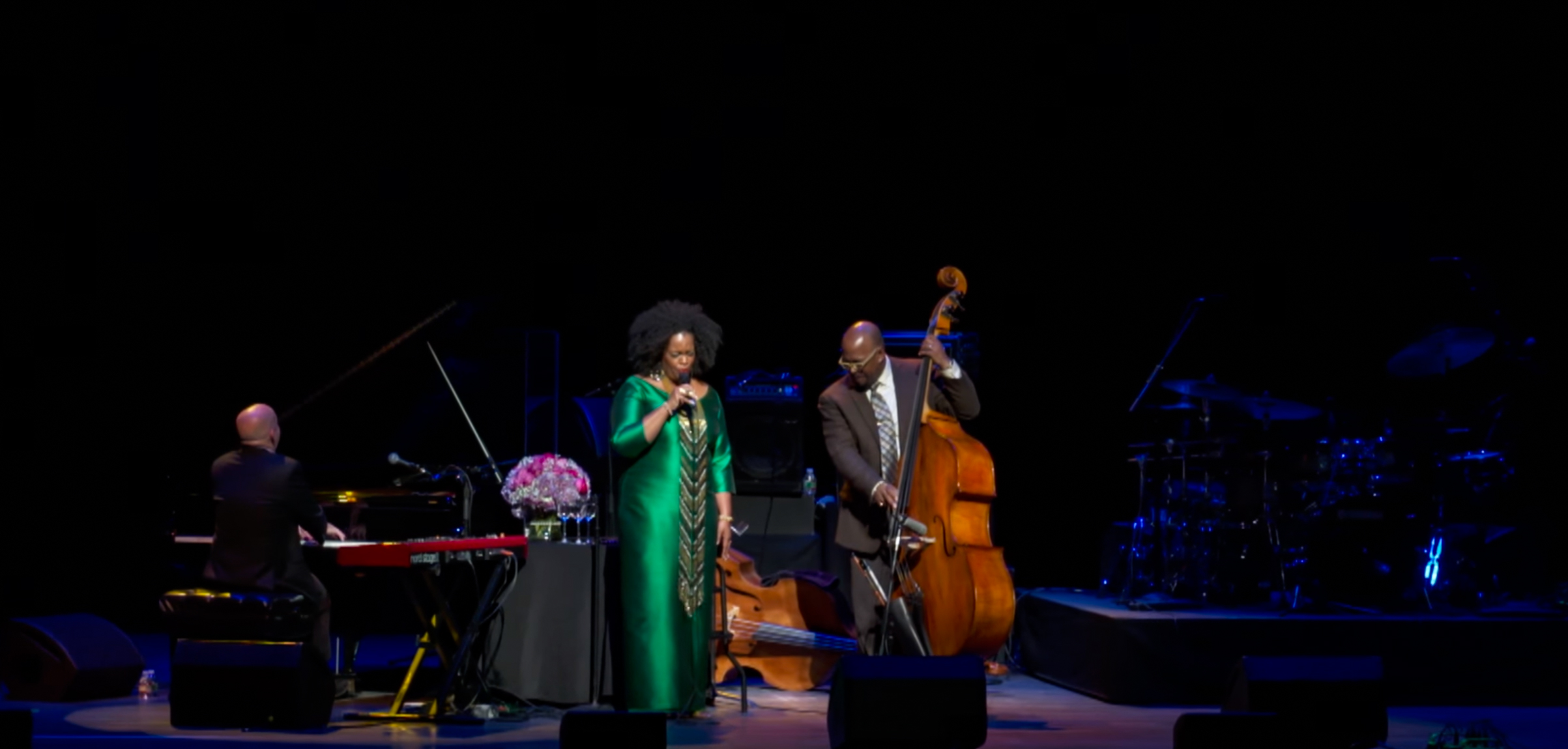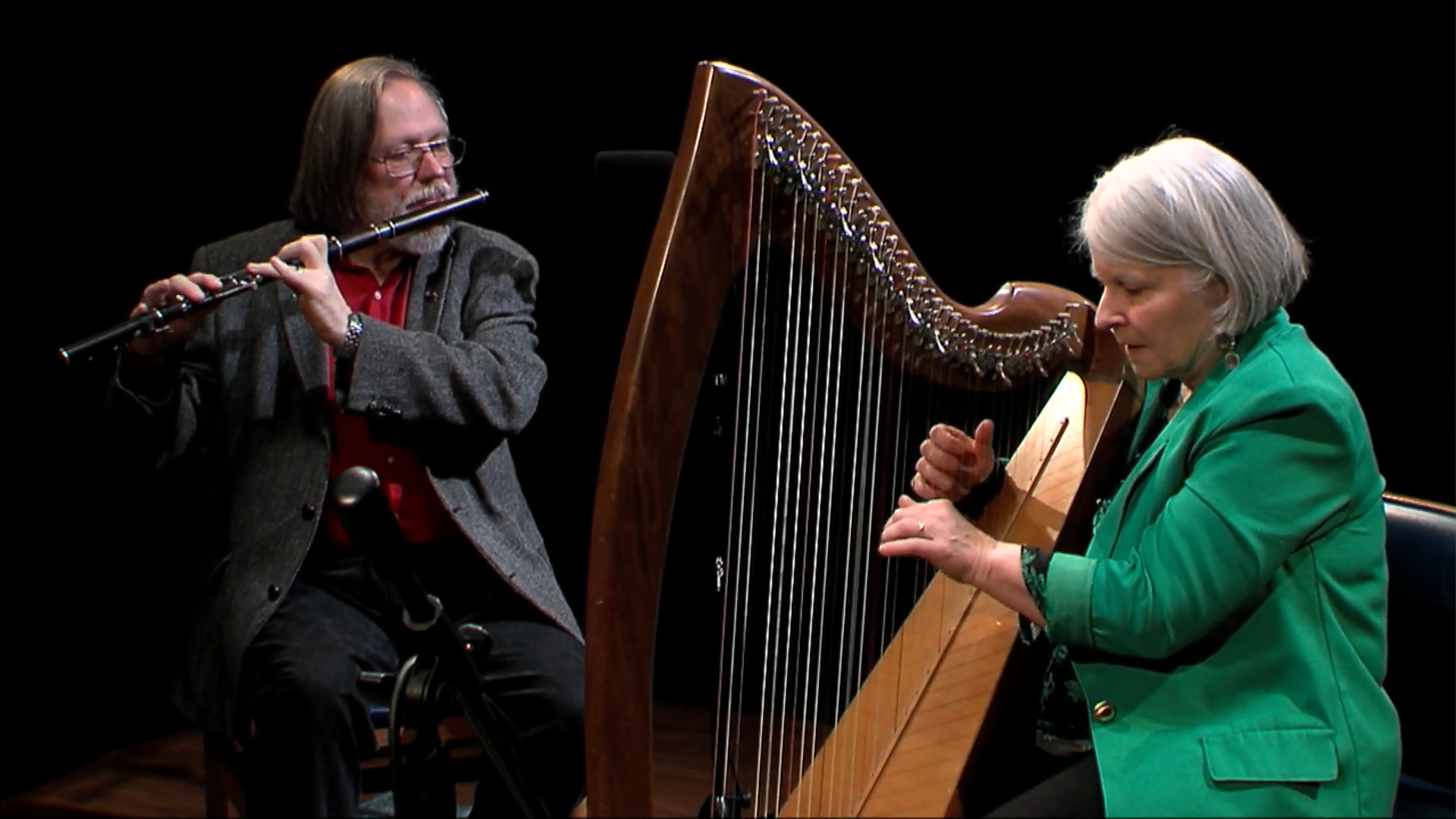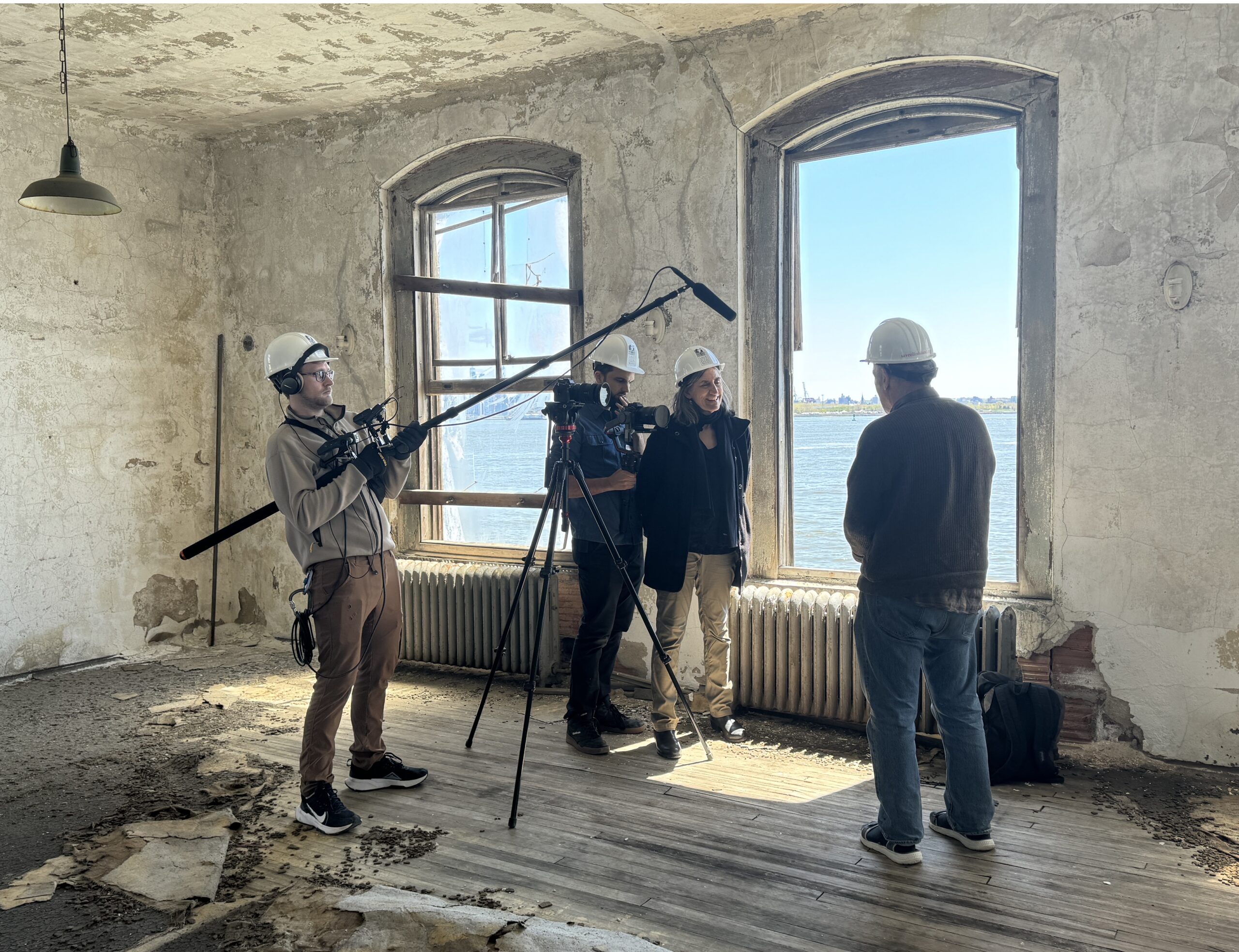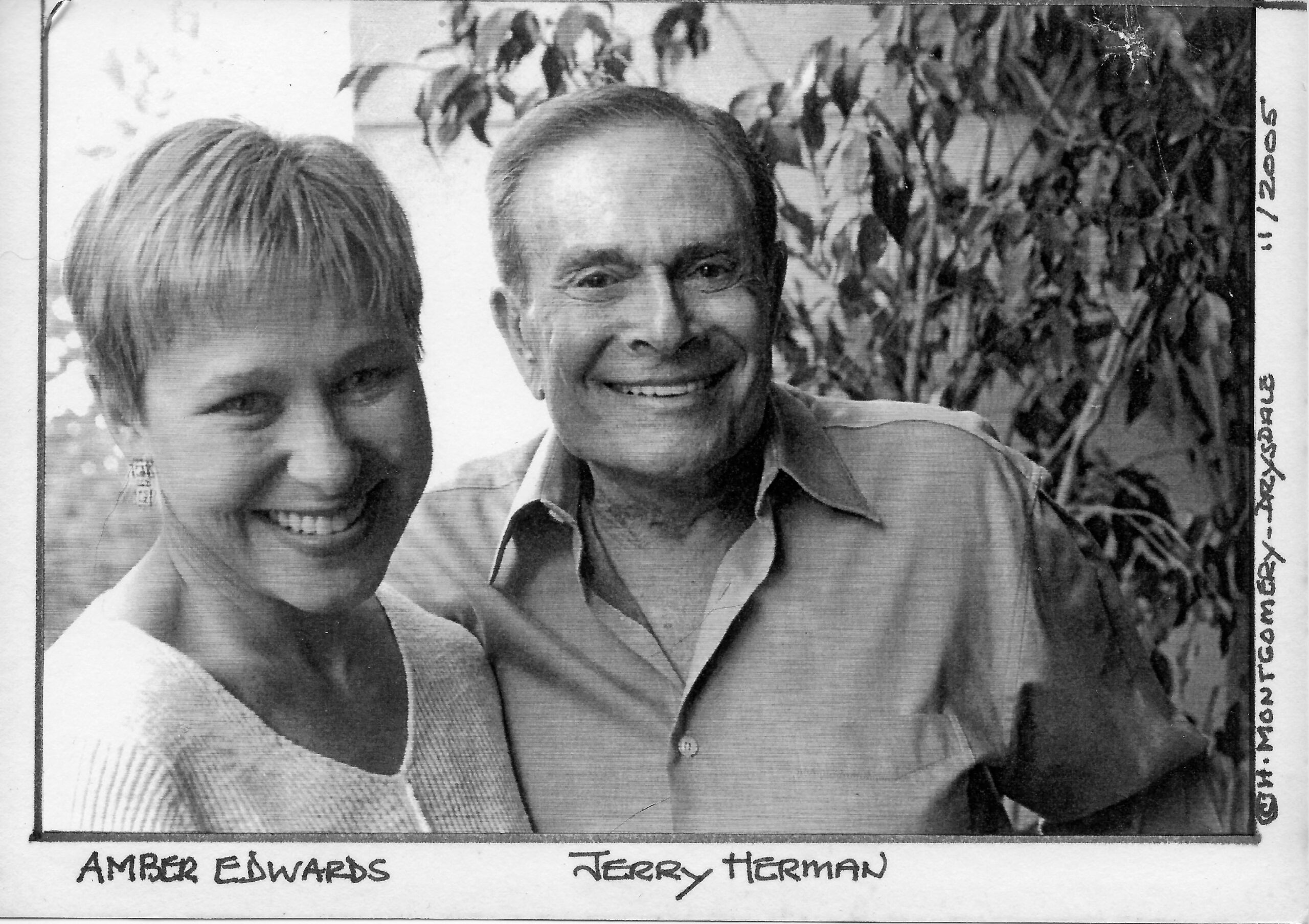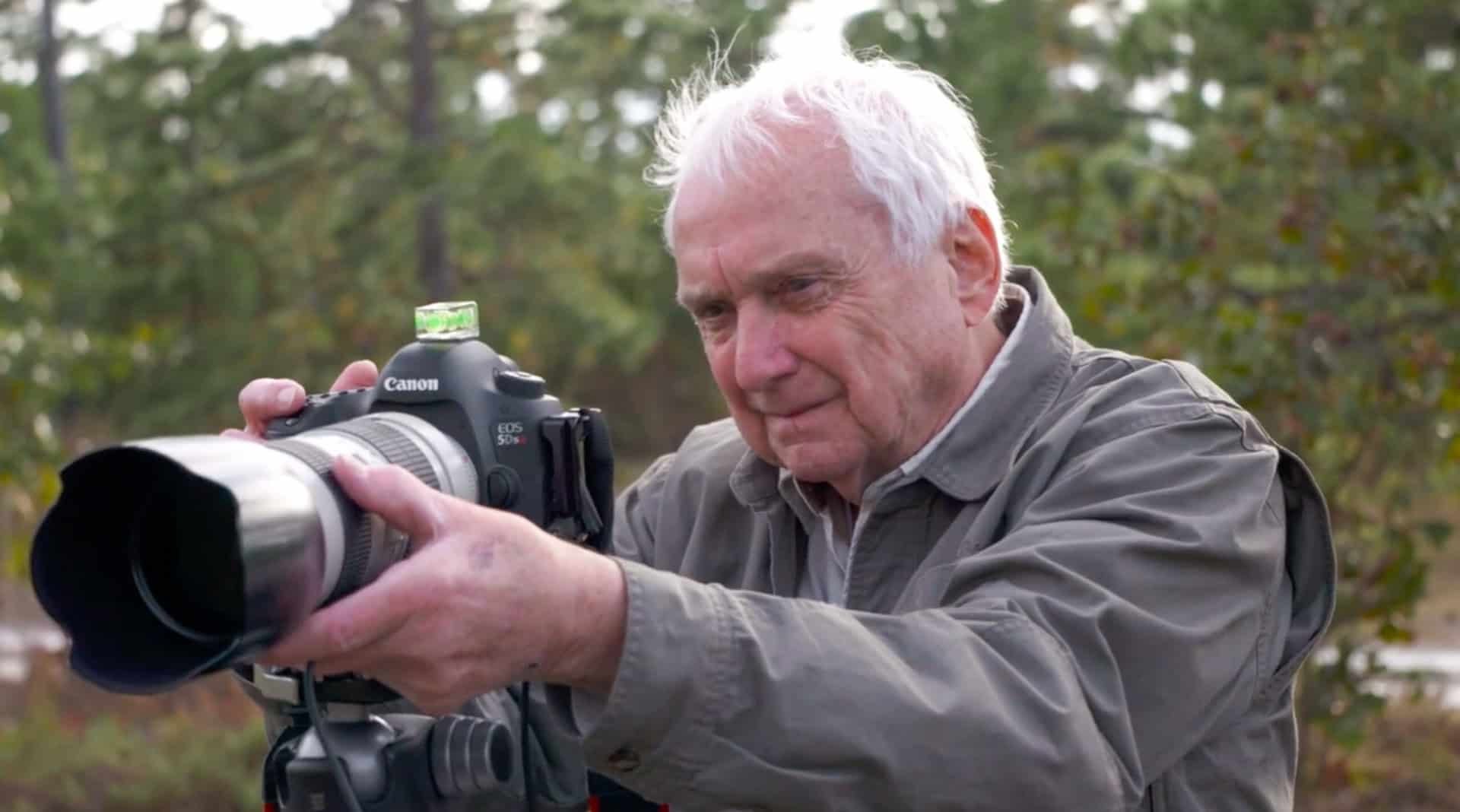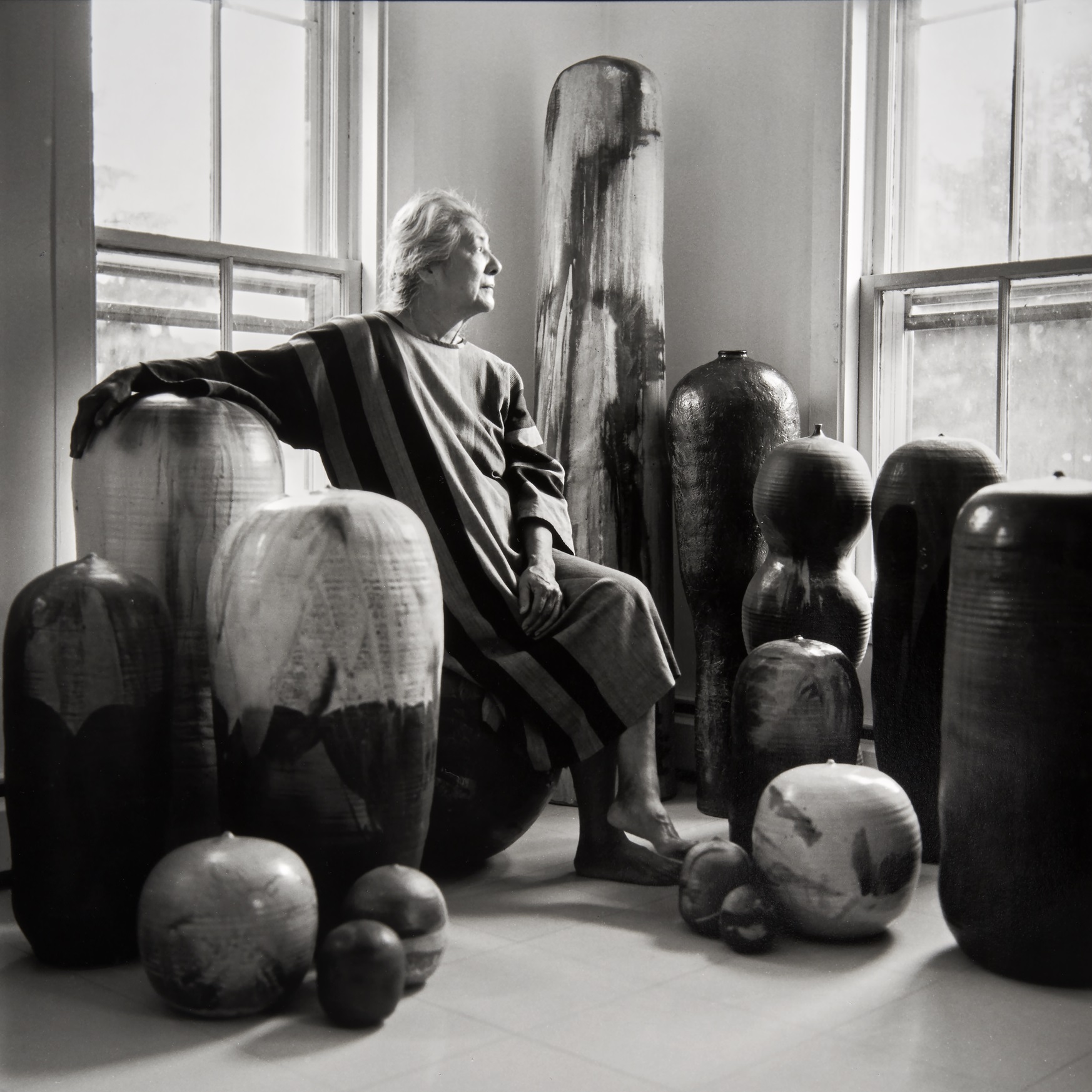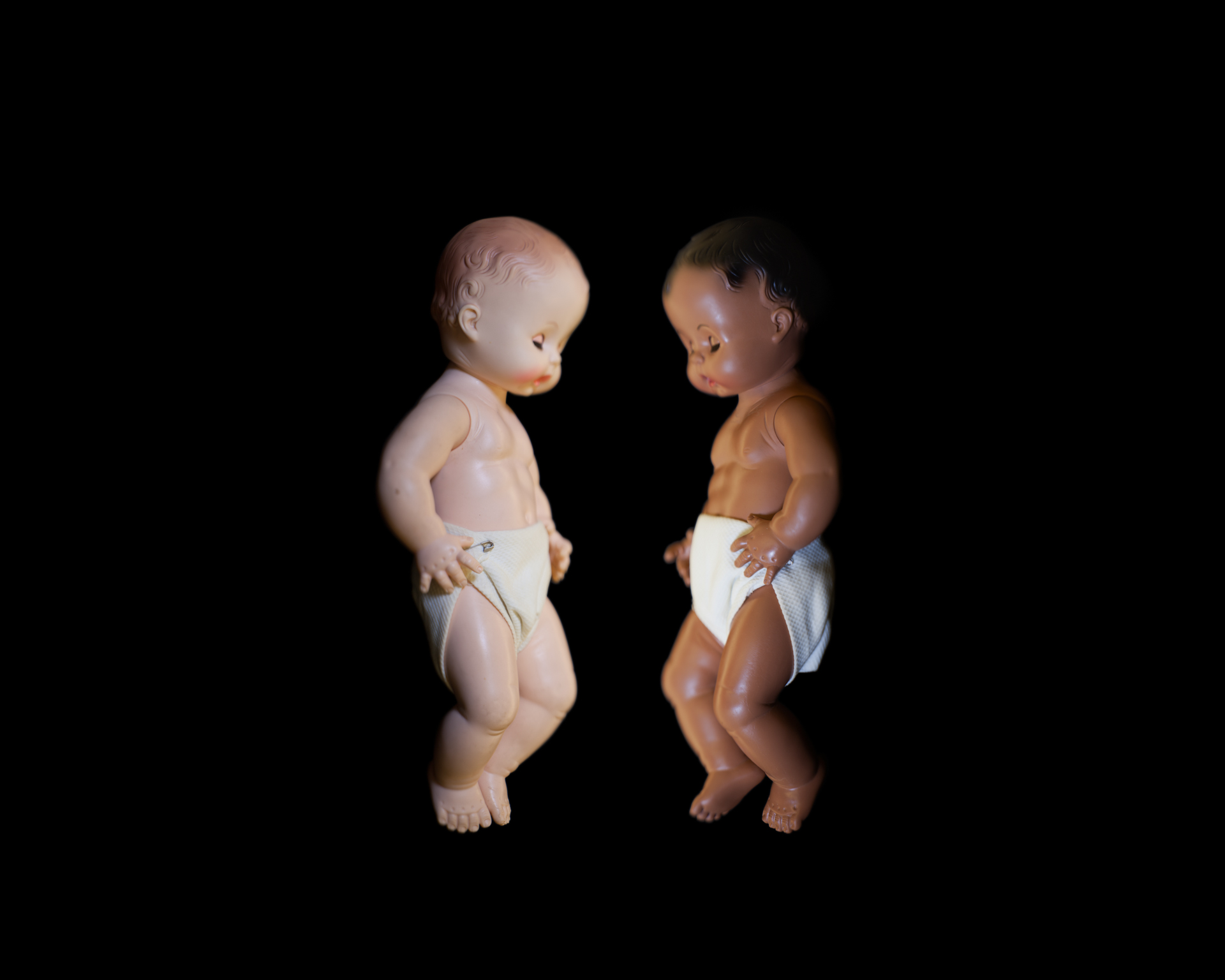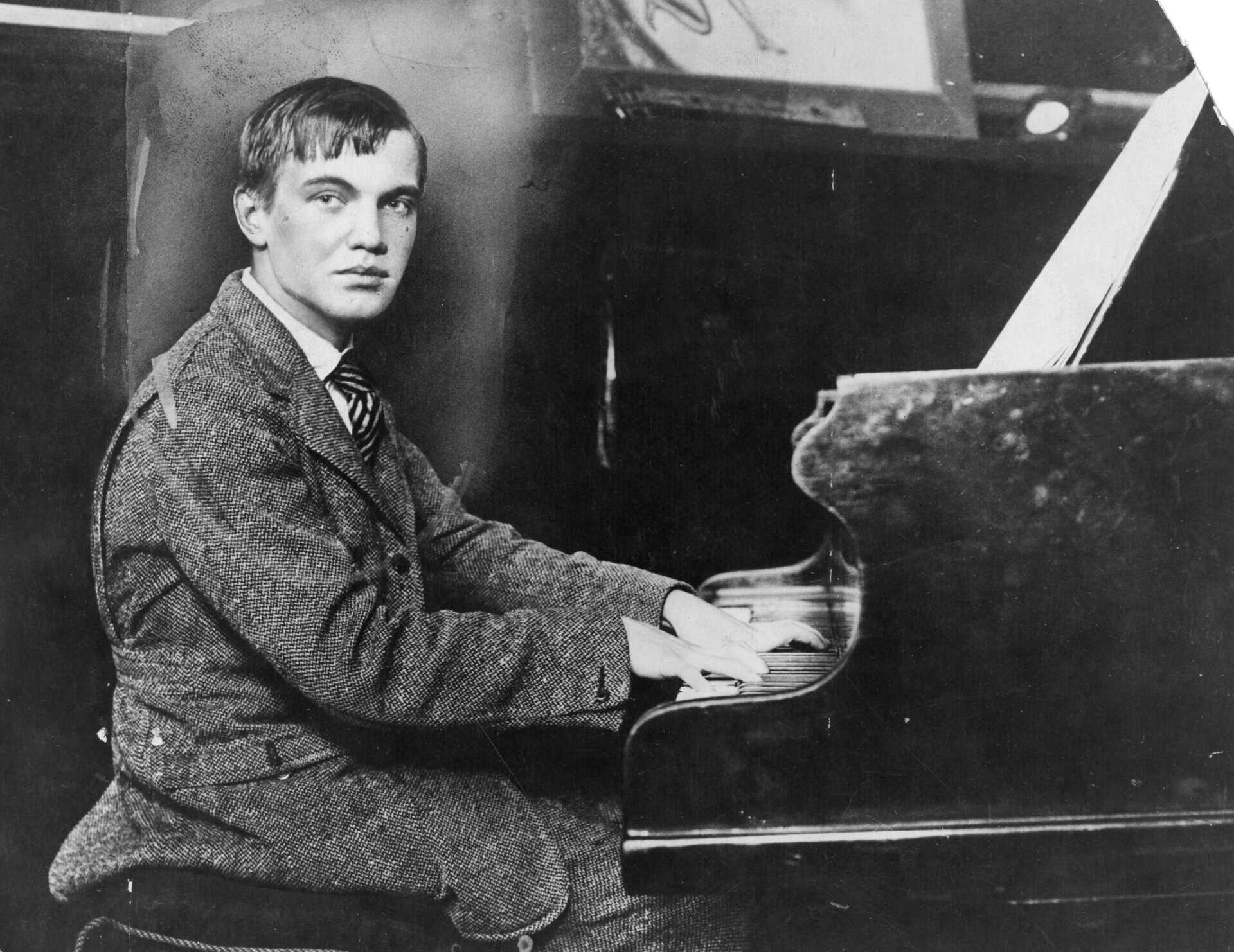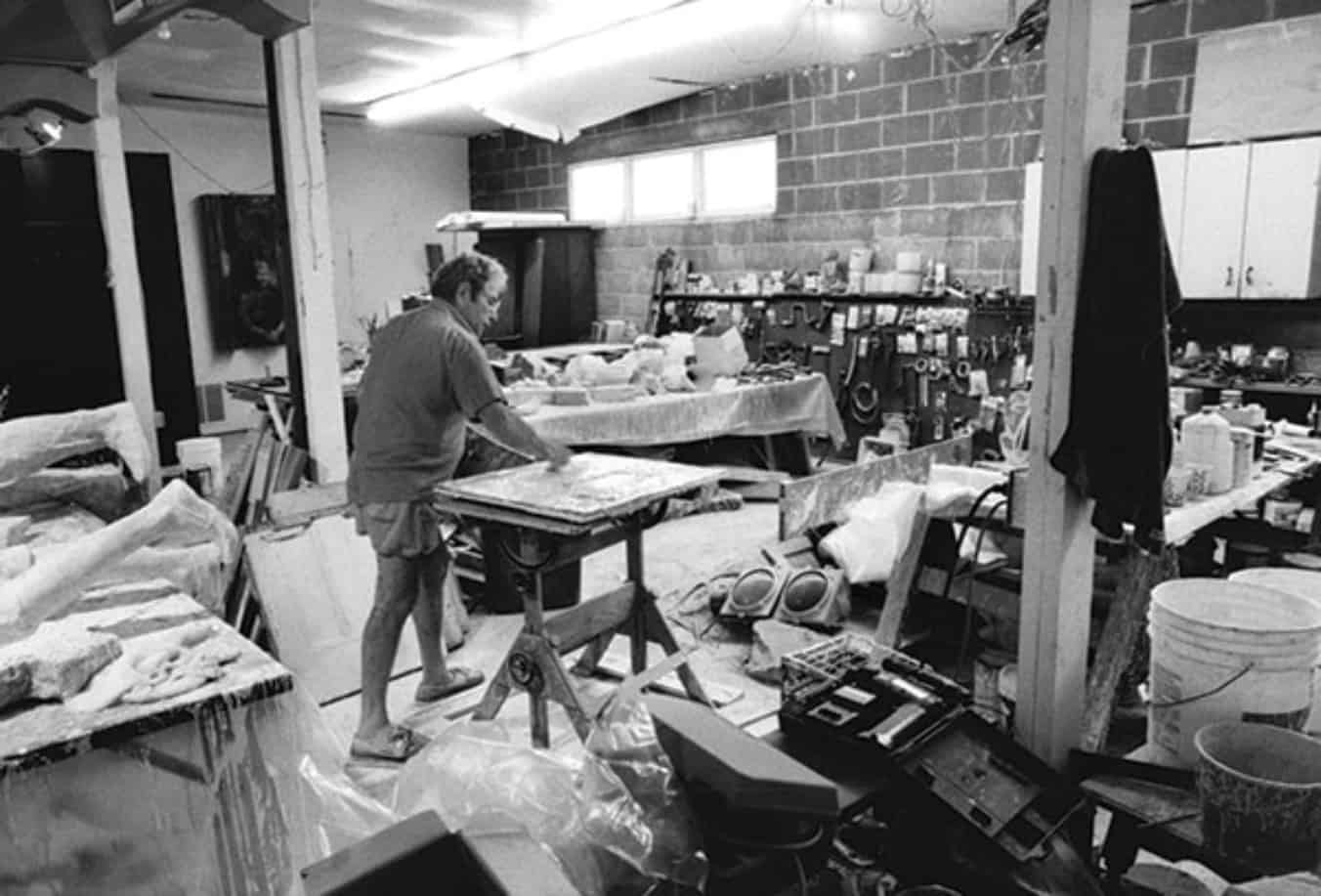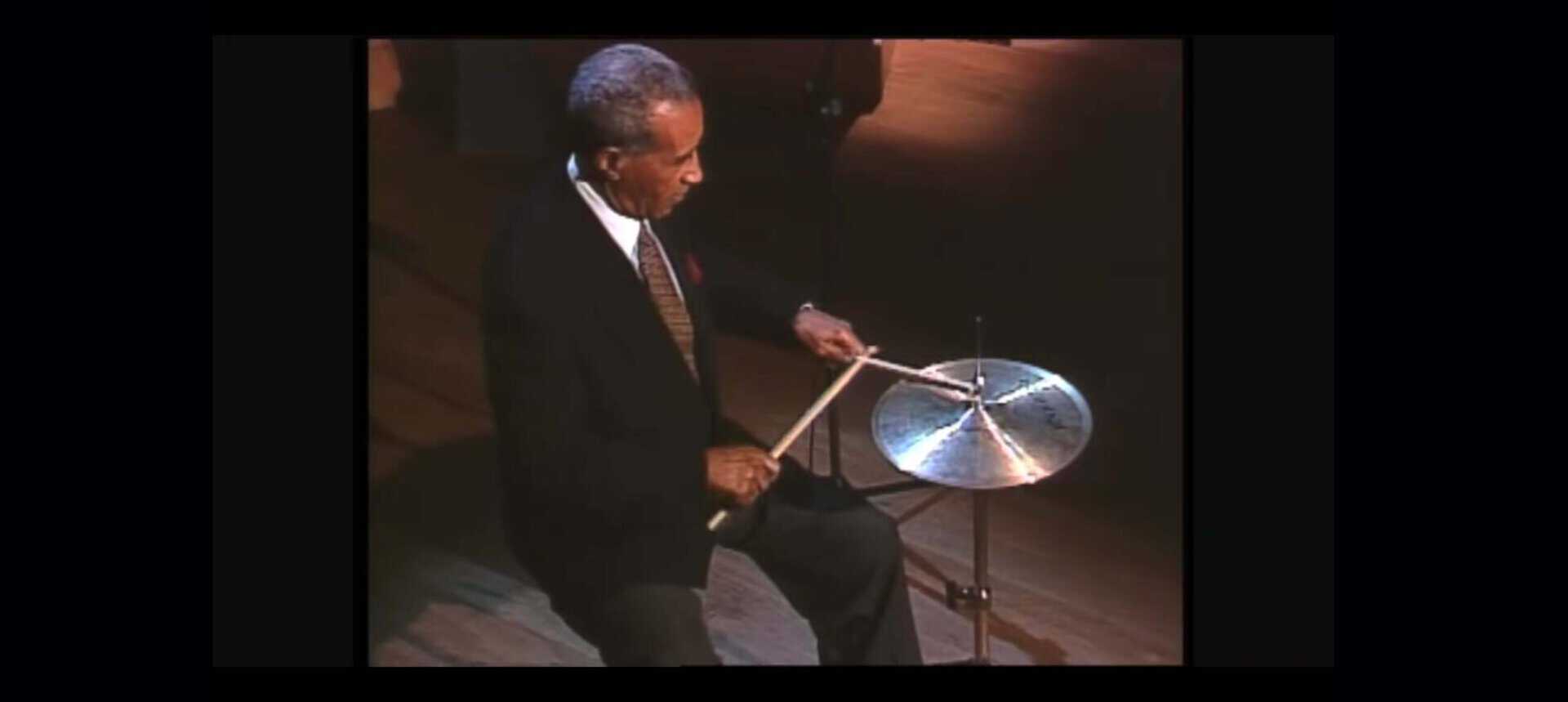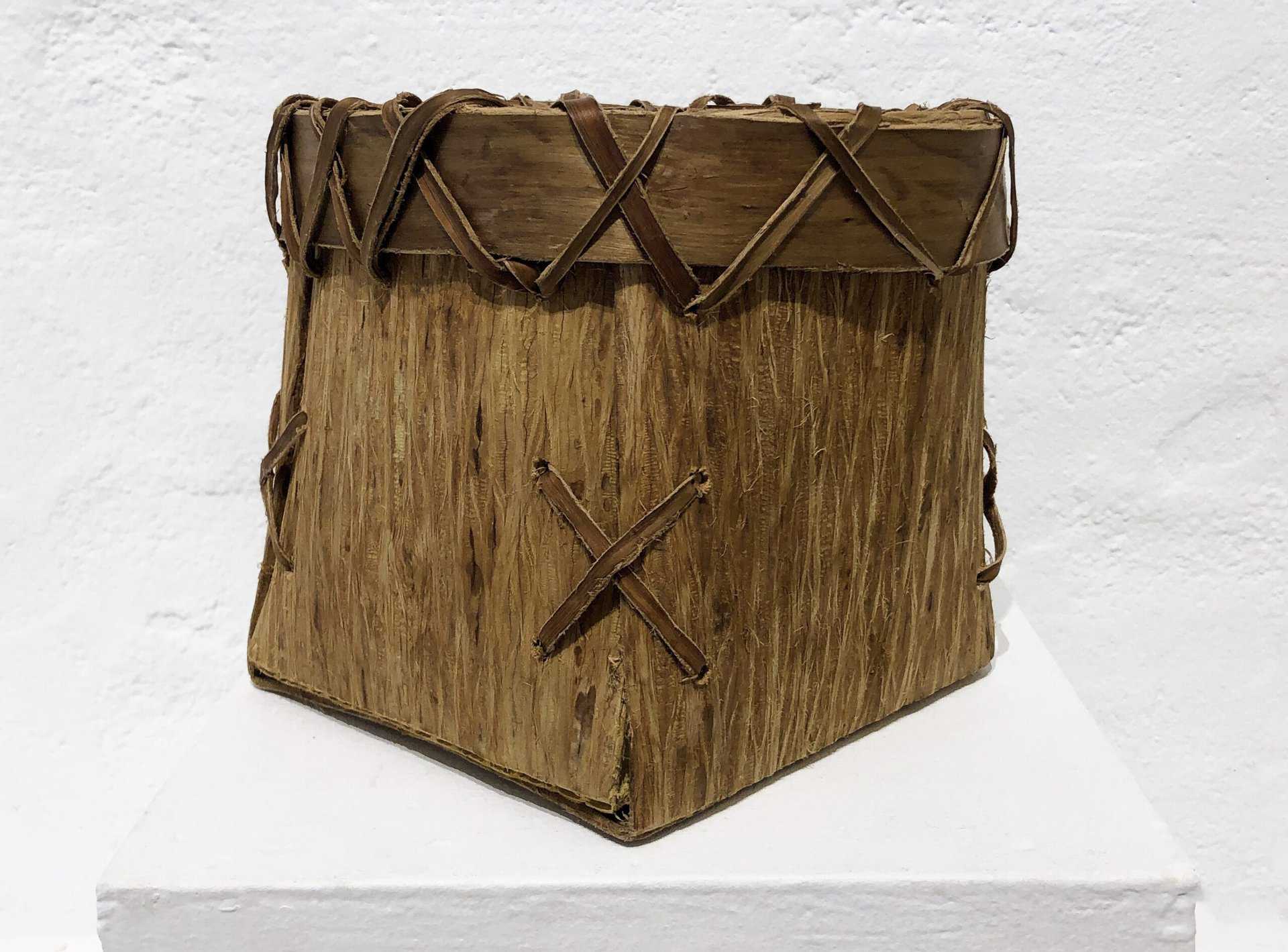Image: Ambrotype of Frederick Douglass, National Museum of African American History and Culture, Wash. DC by Wendel White
Black history is American history.
As Senator Cory Booker recently stated: “The story of Black people in America is inextricably linked to the story of America. This story must be reckoned with so that we can honestly reflect upon our nation’s past moral wrongs and the long and ongoing quest for justice that has been undertaken by Black Americans.”*
Throughout New Jersey, people are focusing on how to tell a more truthful version of history. New research is shaping the interpretations of historic sites. For instance, in Princeton, the historic house Morven Museum & Garden has launched an online exhibition featuring the enslaved people who lived there in the 18th and 19th centuries. The Monmouth County Historical Association, the Montclair History Center, and the Harriet Tubman Museum of New Jersey are among many other sites looking at slavery’s presence in our state.

Artist Titus Kaphar and his work Impressions of Liberty
Photo: Denise Applewhite
In 2017, Princeton University invited visual and theater artists to take a more honest look at the school’s past. At the grand unveiling and celebration of the Princeton & Slavery Project, Nobel Prize-winning author Toni Morrison gave a special address, noting that “this commitment to change is profound, and it requires our attention.” (See her in this State of the Arts story about the project.)
Here in New Jersey and beyond, artists are playing a crucial role in helping us change how we think about slavery, its consequences, its legacy, and the way it has shaped our country. As Toni Morrison pointed out, committing to change is profound—and we here at State of the Arts plan to keep paying attention.

Matisse as Vessel Dress as Alter by Janet Taylor Pickett
*As Black History Month Begins, Booker Introduces African American History Act in Senate


